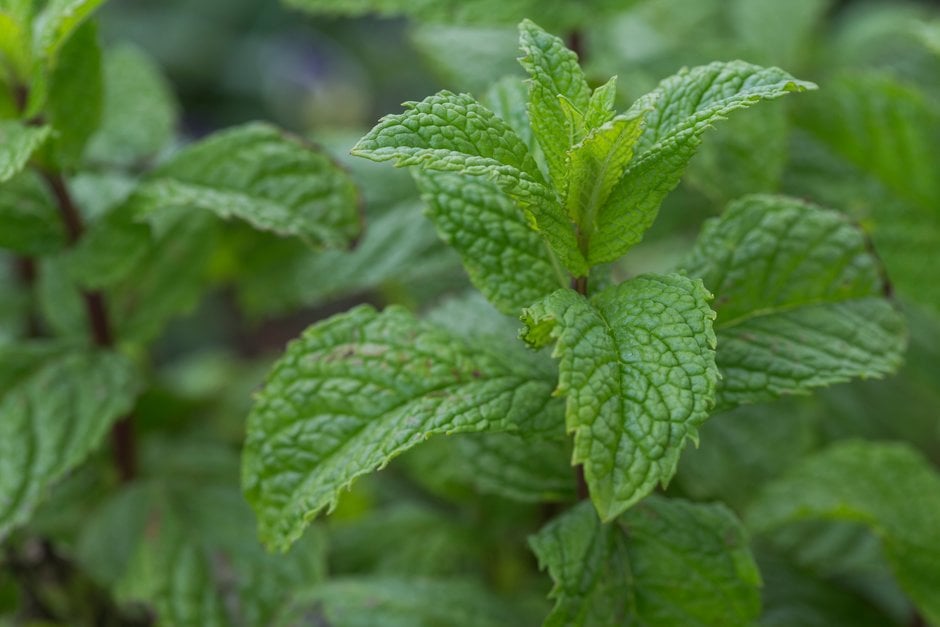Mentha spicata 'Tashkent'
spearmint 'Tashkent'
Tashkent' is a vigorous, spreading perennial to 80cm tall. with slightly crinkled, oval, toothed, aromatic leaves andupright, purple-flushed stems. Pale purple-pink flowers are borne in dense, terminal spikes in summer

Buy this plant
Size
Ultimate height
0.5–1 metresTime to ultimate height
2–5 yearsUltimate spread
1–1.5 metresGrowing conditions
Moisture
Moist but well–drained, Poorly–drainedpH
Acid, Alkaline, NeutralColour & scent
| Stem | Flower | Foliage | Fruit | |
| Spring | Green | |||
|---|---|---|---|---|
| Summer | Pink Purple | Green | ||
| Autumn | Green | |||
| Winter |
Position
- Full sun
- Partial shade
Aspect
West–facing or East–facing or South–facing
Exposure
Sheltered Hardiness
H7Botanical details
- Family
- Lamiaceae
- Native to GB / Ireland
- No
- Foliage
- Deciduous
- Habit
- Bushy
- Genus
Mentha are aromatic, rhizomatous perennials with opposite, toothed leaves and small tubular flowers in spikes of whorls in summer
- Name status
Accepted
How to grow
Cultivation
Grow in any moist soil, in any situation, though less hardy than some other mints. May have the potential to become a nuisance; restrict the root run in a deep container and plunge into the ground, or plant in a well chosen site where it can grow unrestricted. See mint cultivation for more information
Propagation
Propagate by division in spring or autumn. Softwood cuttings may be taken in spring. Pieces of rhizome can be potted up at any time in the growing season and grown on until established then planted out
Suggested planting locations and garden types
- Patio and container plants
- Cottage and informal garden
- City and courtyard gardens
- Wildlife gardens
Pruning
Cut back old stems at the end of the year to ground level
Pests
May be susceptible to leafhoppers and caterpillars
Diseases
May be subject to powdery mildews and mint rust
Get involved
The Royal Horticultural Society is the UK’s leading gardening charity. We aim to enrich everyone’s life through plants, and make the UK a greener and more beautiful place.